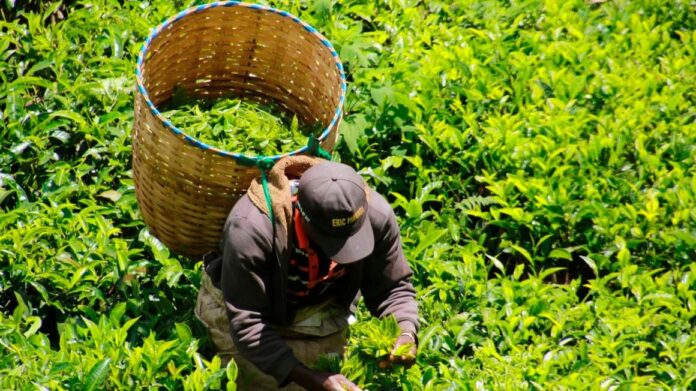Finlay Kenya has industry observers worried about the future of the crop. As part of the sale agreement, Browns and Finlay will sell 15 percent of the shares to a locally owned co-operative.
The ongoing business disruptions in large-scale tea producer farms in Kenya’s South Rift areas has affected business at Mombasa Tea Auction with the country expected to continue losing more in the coming tea sales if situation persists.
The board of the East Africa Tea Trade Auction (EATTA), which runs the Mombasa Tea Auction, said the invasion of tea estates in the Kenyan highlands has had huge ramifications on the economy with supply of teas in the auction expected to go down.
The situation has worsened after Ekaterra Tea PLc, formerly Unilever, announced the suspension of its operations in Bomet and Kericho counties following the invasion and destruction of its property by the locals.
The company said the recent protests and looting by suspected criminal groups at their tea estates in Kericho and Bomet counties forced them to suspend their operations.
According to EATTA, due to the heightened insecurity, large tea producers operating Kericho, Bomet, Nyamira and Nandi counties have also threatened to scale down their operations.
EATTA board chairperson Arthur Sewe said Kenya is on the verge of losing more than $2.5 million every week if all the tea plantations are shut down and the Mombasa Tea Auction operations are halted.
“It is important to note that tea plantations in this country account for 40 per cent of the volume traded in the Mombasa auction. If they (plantations) stop presenting their tea in the auction, we foresee a catastrophic impact on the Mombasa Tea Auction,” said Sewe.
Mr Sewe appealed to the Kenyan government to intervene and resolve the problem saying the invasions are being encouraged by companies that are still buying tea that has been plucked illegally by the invaders.
“The invaders are plucking the green leaf during the day. These people mean they have ready buyers for the tea. We are investigating whether some factories are buying from them,” he said.
EATTA has already issued a circular to its members to stop buying tea from suspected invaders, lest they are de-registered from the association.
“We have warned that if any of our member’s tea factories are found absorbing the stolen leaf, they will be dismissed or de-registered and they will not be allowed to trade through this auction,” Mr Sewe added.
The Federation of Kenyan Employers (FKE) has called on the government to address the insecurity saying the ongoing disruption of businesses in large-scale tea producer farms stating that the raids and thefts have now escalated into organised assaults on business premises and the deliberate destruction of crucial assets.
“Given the ramifications of these incidents on our economy, large-scale tea producers and their workers, we call on all parties to embrace social dialogue. We urge them to show commitment and tolerance towards resolving the dispute that has since caused the suspension of operations of some large-scale tea producers,” said the federation in a statement.
Interior Cabinet secretary Kithure Kindiki warned businesspersons and politicians behind demonstrations, invasions of the estates, illegal harvesting of tea would be charged.
He said 11 suspects had been arrested and charged after nine tea plucking machines and tractors belonging to Ekaterra tea estate were torched forcing the company to suspend its operations indefinitely with the fate of 16,000 jobs hanging in the balance.
More in The EastAfrican




